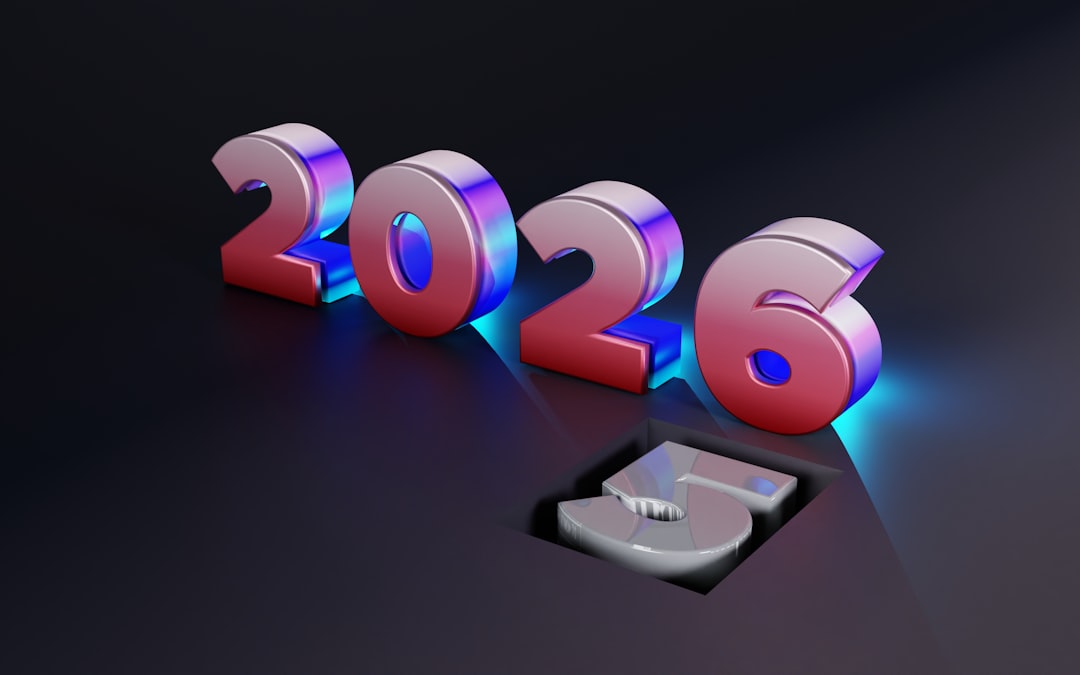Short-form video content has rapidly become one of the most engaging ways to reach audiences online. Platforms like YouTube Shorts offer creators and marketers a powerful outlet to showcase their brand, share their message, and drive user action in just 60 seconds or less. With the rise of artificial intelligence, tools like Meta AI Video Generator have emerged to make video creation both accessible and high-converting, even for those with no prior video editing experience.
What Is Meta AI Video Generator?
The Meta AI Video Generator is a cutting-edge artificial intelligence tool developed by Meta (formerly Facebook) that allows users to create short-form videos using simple prompts, scripts, or data input. Its advanced algorithms analyze the intent, tone, and context of user input to automatically generate high-quality, engaging videos tailored for platforms like YouTube Shorts, Instagram Reels, and TikTok.
Utilizing the Meta AI Video Generator enables content creators and businesses to scale their video marketing efforts efficiently while maintaining authenticity and clarity.
Why Use Meta AI Video Generator for YouTube Shorts?
- Speed: Generate content in minutes instead of hours.
- Customization: Tailor visual styles, voiceover options, branding elements, and more.
- Conversion Optimization: Built with marketing logic in mind, helping generate clear call-to-actions and attention-grabbing hooks.
- Cost-Efficient: A viable alternative to hiring video editors or production teams.

Step-by-Step Guide to Creating YouTube Shorts That Convert
1. Define Your Video Objective
Before jumping into the platform, ask: What action do I want the viewer to take? Whether it’s visiting a site, buying a product, subscribing to a channel, or downloading a freebie, defining the objective guides the video creation process.
2. Craft an Effective Script or Prompt
Meta AI works best when fed with high-quality input. Write a crisp script or provide a clear prompt that includes:
- Hook: Grabs attention within the first 3 seconds
- Value Proposition: What’s in it for the viewer?
- Call-to-Action (CTA): What should they do next?
Example prompt: “Create a 60-second video that introduces a new vegan protein shake, highlights its health benefits, and encourages viewers to visit our website for a free sample.”
3. Choose a Visual Theme and Style
Meta AI offers a range of templates and visual styles—whether it’s a modern, corporate look or fun and playful animations. Match the style to your brand and the message you want to convey.
4. Customize with Branding Elements
Add logos, brand colors, and preferred fonts to maintain a consistent visual identity. Doing so increases brand recall and conveys professionalism.
5. Add Voiceover and Subtitles
Meta AI offers multiple voice options, including various accents, tones, and languages. Pair this with auto-generated subtitles to maximize accessibility and retention. Remember, the majority of YouTube Shorts are watched without sound, so subtitles are crucial.
6. Fine-Tune the Video
Once the video is generated, review it and make adjustments. Meta AI allows you to tweak voiceover timing, change visuals, or rearrange content sequences.

7. Export and Upload to YouTube Shorts
Export your created video in vertical format (9:16) with a maximum duration of 60 seconds. Then upload it via the YouTube app or Studio platform, ensuring you use the #Shorts hashtag to increase visibility.
8. Optimize Metadata for Conversion
Use compelling titles, accurate tags, and clickable descriptions. Add links and relevant keywords that align with your CTA. A great title can boost both click-through rate (CTR) and retention.
9. Analyze and Adjust
YouTube’s analytics allows you to track important metrics like:
- View duration
- Click-through rate
- Subscriber gain
- Engagement (likes, comments, shares)
Use this data to refine future prompts and improve performance continuously.
Tips for Creating YouTube Shorts That Convert
- Prioritize the First 3 Seconds: Use captivating visuals or questions to hook the viewer immediately.
- Keep Text and Visuals Big and Bold: It’s a vertical format—small fonts don’t work well.
- Include a Clear CTA: “Click the link,” “Subscribe now,” or “Get yours today” are actionable and direct.
- Test Different Versions: Try A/B testing with different scripts, thumbnails, or visual themes to see which performs better.
Common Mistakes to Avoid
- Cluttered Visuals: Too many elements can confuse the viewer.
- No CTA: Always tell your audience what to do next.
- Ignoring Subtitles: Silent viewing is common, so don’t skip captions.
- Unclear Messaging: Stay focused on a single, clear message per video.
Future Potential of Meta AI in Video Marketing
As artificial intelligence continues to evolve, platforms like Meta AI Video Generator will offer even richer features—real-time performance feedback, AI-driven A/B testing, and even predictive analytics to guide content strategy. For creators looking to stay ahead of the curve, investing time in learning these tools is not just advantageous—it’s essential.

Conclusion
Creating YouTube Shorts that convert doesn’t have to be a time-consuming process. Meta AI Video Generator provides a powerful, intelligent way to streamline video creation while maximizing impact. By understanding how to use it effectively—from creating engaging scripts to refining final edits—creators can consistently produce content that grabs attention and drives real results.
Frequently Asked Questions (FAQs)
- 1. Is Meta AI Video Generator free to use?
- While Meta may offer some features for free, advanced functionalities and commercial usage may require a subscription or payment. It’s best to review the pricing structure on Meta’s official platform.
- 2. Can I use my own footage with Meta AI Video Generator?
- Yes, users can often upload their own videos, images, and audio elements to enhance the AI-generated content and maintain visual consistency with their brand.
- 3. How long does it take to generate a video?
- Depending on the input complexity, videos can be rendered in just a few minutes. However, final tuning and edits might take additional time.
- 4. Are there copyright concerns?
- Meta AI typically uses licensed or royalty-free content, but it’s important to review each element used and ensure proper licensing for commercial use.
- 5. Can this replace a human video editor?
- While AI video generators are excellent for speed and basic production, human editors still provide nuanced creativity, emotion, and storytelling in more elaborate video projects. AI tools are best for scaling content at volume.